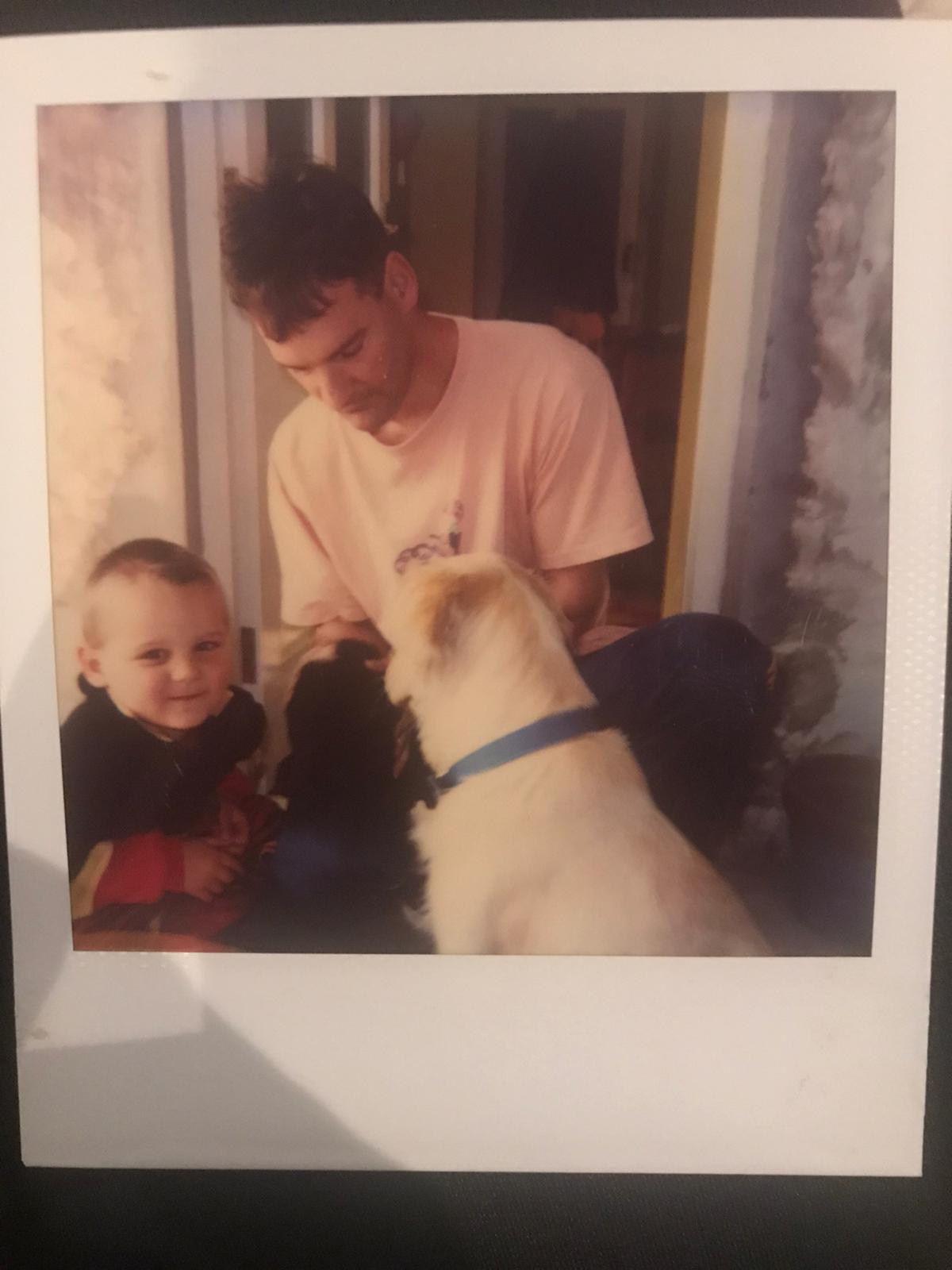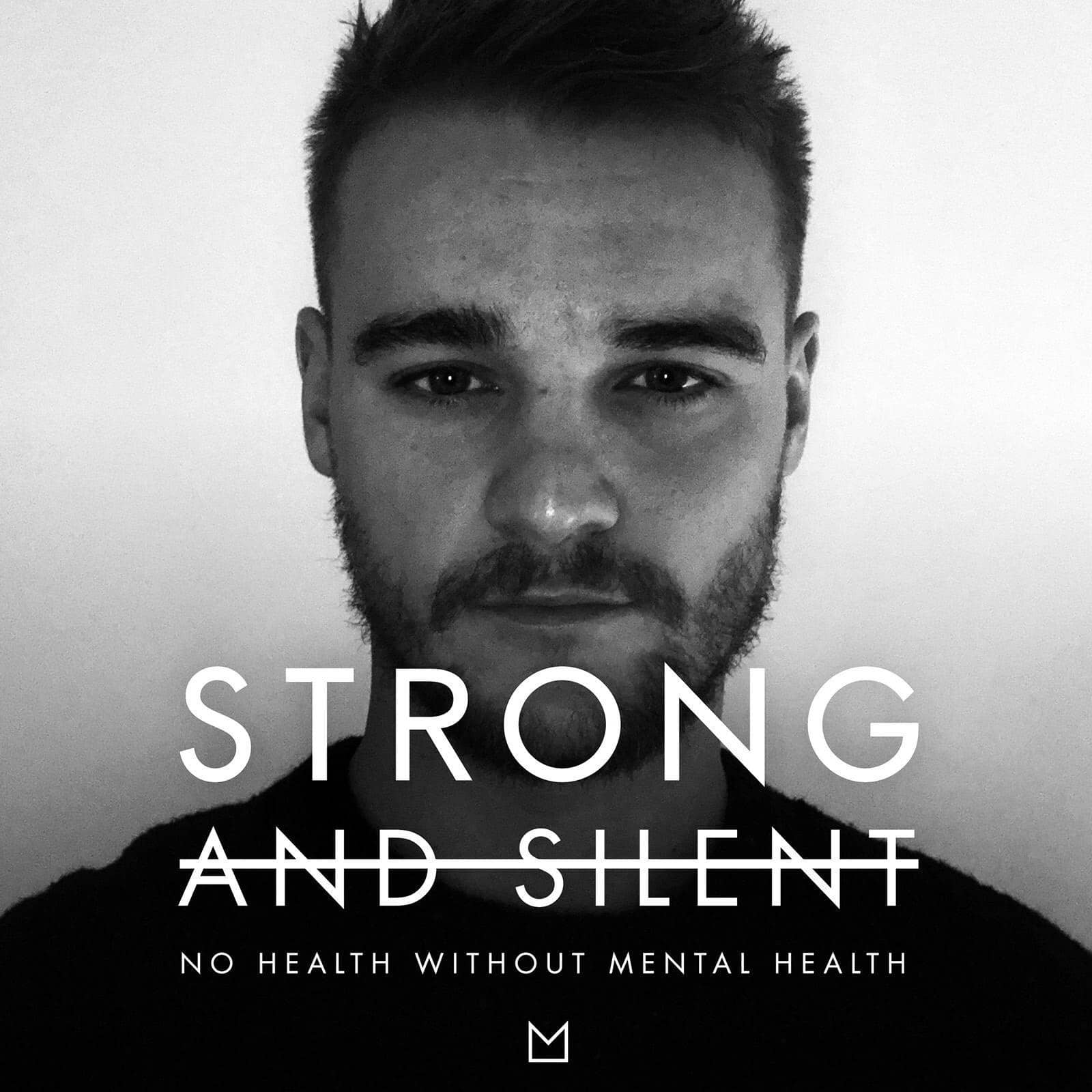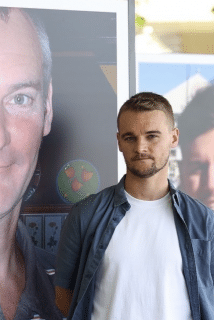Losing My Dad to Suicide
Mental Health
'Suicide. A reflection on how I dealt with the loss of my Dad 13 years on. I’m now 25 years old.' Moving story by Harry Corin.
I hope the below can act as a warning but also a reassurance to anyone, that they are never compelled to suffer in silence, even if everything is telling you to do just that.
Here goes [takes deep breath]…
Context. For ten years, I couldn’t hear or say the word suicide. It made me feel sick. I couldn’t even think about putting the words ‘Dad’ and ‘suicide’ in the same sentence. Even today, I can’t let anyone touch my neck, it makes me feel weak. I have never been able to rid myself of the association. For ten years, I couldn’t keep eye contact with anyone who would talk about ‘family’, I couldn’t be around ‘happy’ families and I diverted any conversation on the above as soon as I could. I became pretty good at it all in the end, it was potentially my greatest asset; The ability to divert all conversation away from topics surrounding Dads, families, celebrations or growing up.
St. Ives, Cornwall, 2007: I lost my dad to suicide. I was 12 years old at the time. He had everything to live for, and was even planning his dream holiday on the same evening he ended his own life. It broke everything around me. My simple, but effective, coping mechanism in the moment was to just keep my head down and act as if nothing really happened at all.
Yes, I lost my Dad, but I lost an entire family at the same time and in the years that followed. The circumstances in which it happened created a blame-culture fuelled by anger, upset and underling tensions. I can vividly recall ‘hanging’ gestures made towards my Mum on more than one occasion. I can vividly recall the press following waiting for me to arrive home from school. The reaction of a local community and the subsequent newspaper articles created an association that I felt as if was so heavy on my shoulders, that I could never tell anyone about the real me: ‘Who would want to employ/date/be friends with someone like that?’ It sounds ridiculous but this is what was so firmly in my head. I was embarrassed and I felt sick talking about it. The subsequent events and actions after my dad’s death were so shocking that all I did for ten years was bury it as far away as I could. I actively tried to bury it so far that I would live most of my days forgetting about it.
Head down and hiding all feelings even remotely connected to what happened, I ‘successfully’ completed school, college, university and I now work for a company that I love in London. On reflection, when I say success, I’m referring to the fact that I’m now typing this and that I now consider myself on the other side. I would go into new encounters during these stages in life, without really connecting ‘in full’ with anyone. I always held back slightly in almost all instances because I didn’t want to get close to my past. As such I rarely built meaningful relationships and I never put myself in a position to help others, quite simply because I never really addressed the biggest thing that shaped who I was. As a result, I often became, irritable, frustrated and angry. I felt a strong sense of injustice and I questioned why nobody every understood me.
On moving to London, just over two years ago, everything changed. It was in a meeting room in Waterloo where the light-bulb moment happened for me. I had entered the office, one month into my new job and in a brand-new city. Out of the corner of my eye that morning, I witnessed men standing on the roof of the ITV Tower Studios. Glasses now on, heart rate pulsing, I couldn’t for the life of me work out what the hell I was witnessing. I quickly searched on Google, ‘Men on roof London, ITV’, my heart-sunk, chest tightened, it then started to sink in and from that point things started to change. These weren’t real men at all, but it was in fact a stunt by the Campaign Against Living Miserably (CALM), this was #Project84. 84, being the number of men who take their own life every single week in the U.K (this number has since gone up). These statues on the roof were reflective of real people, with real stories. To this day, this was the single-most important moment that has happened to me, and my family for that matter. I am forever indebted.
It was the first time that I wanted to share my story and it struck me so hard, with the sense that I’m not the only one who has had to suffer like this, in silence. There are people who will understand how I feel – really? I suddenly felt a compulsion to tell my story, I remember thinking that there must be so many people like me who don’t feel they can share their story. I started to work out some simple calculations of the number of people who have lost a loved one due to suicide in the past day, week, month, year and who have often had to suffer in silence. It was an enlightening process, where I started to feel as if there was grave injustice. In that moment, without any intention to do so, I found my real purpose, I guess, and what I wanted to dedicate myself towards: supporting and creating environments where people can be open about how they feel.
I still don’t have everything together now, far from it. I still get that feeling inside my stomach when I speak about my past, hear certain songs, or smell or see certain things. But these feeling are not angry anymore; I don’t try to forget that I’m thinking about them. I can now share these feelings with people – I would say comfortably. The first time I shared my story on social media was the hardest by a long stretch, and although it will always be particularly emotive, it becomes rewarding each time you start to engage with your past, because you just don’t know the impact you might be having to those who hear you share. Over recent years, for once I have started to tell people who I truly am. When you start to open, you can almost feel the weight fall off your shoulders. I started to lean into those people who wanted to get to know the real me. I started to not let the past control me, but instead use my story to create meaningful and long-lasting connections where more people can feel safe to tell their story.
For many people there exist barriers to speaking about how they feel. There are many reasons for this, and each circumstance is unique. However, I have been inspired by listening to others speak and I have engaged with many of the campaigns led by CALM and other leading mental health charities. CALM connect people through shared passions, and this is extremely important for those who want to connect and speak out. I would encourage people to explore what is available, your involvement in an initiative at first might be small, but it may well open your mind and encourage you to keep going on, keep attending, keep connecting. At first, I can recall feeling restless whilst listening to people speak about their own stories, I felt so empowered by hearing people speak that it was as if something had been let free inside of me. I started to envisage myself speaking out, in the same way as I would imagine myself scoring a goal before playing football. The steps I took were inspired by the work of CALM; it gave me a platform that previously didn’t exist. There is always someone who wants to hear how you feel and there is always someone who wants to get to know the real you. Please, rest assured that you are never alone in how you feel, there is and always will be someone to turn to.

Trending

Join The Book of Man
Sign up to our daily newsletters to join the frontline of the revolution in masculinity.


















